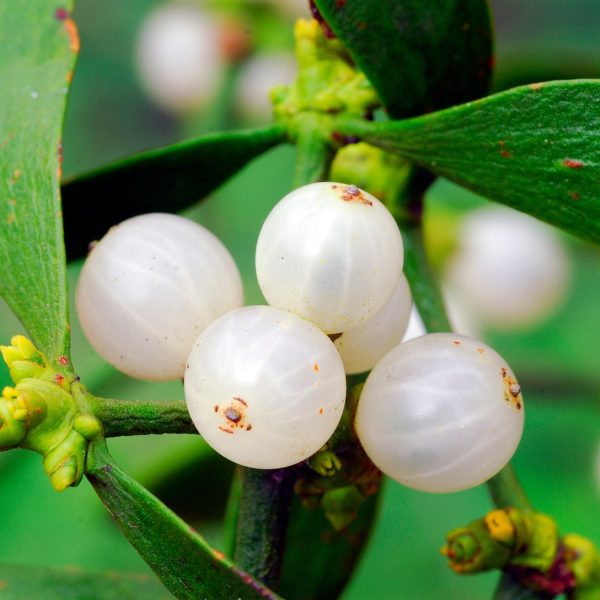
In this article, we summarise the study, Antidiabetic effect of fenugreek seed powder solution (Trigonella foenum-graecum L.) on hyperlipidemia in diabetic patients.
Plant name and species
Fenugreek (Trigonella foenum-graecum)
Aim of study
This study investigates the effect of fenugreek on the lipid profile of newly diagnosed type II diabetes patients.
Study method
The control group were given metformin, and the treatment group were given the fenugreek preparation so results could be compared. Blood samples were collected before and after treatment and measured the following:
- Total cholesterol (TC)
- Triglycerides (TG)
- High-density lipoprotein cholesterol (HDL-C)
- Low-density lipoprotein cholesterol (LDL-C)
Sample size
There were 114 participants, 57 were in the treatment group and 57 were in the control group.
Herbal preparation
25 mg of dried and powdered fenugreek was soaked in 1 litre of water for 10 hours. Then the solution was filtered into filtrate and residue, with the residue being the medicine administered to patients. This process made one single dose.
Results of study
The treatment group that received fenugreek had a significant decrease in total cholesterol after 30 consecutive days of administration. Their cholesterol levels dropped by 13.6% compared to their original levels pre-treatment. The control had no significant difference.
The treatment group that received fenugreek also had a significant decrease in triglyceride levels. Levels reduced by 23.53% compared to their baseline levels, and the control group had no significant difference.
HDL-C was significantly increased in the treatment group by 21.7%, and again the control group (who didn’t have any fenugreek) levels didn’t change.
Finally, the group that received the fenugreek had a significant drop in LDL-C of 23.4%, and the control group had no significant change.
Discussion
The reason that each parameter measured is important for metabolic health is as follows. High triglyceride levels can link to the hardening of arteries or thickening of artery walls which can lead to arteriosclerosis. LDL-C is a type of cholesterol which can leave fatty deposits in blood vessels making it difficult for blood to flow through arteries. HDL-C however is often described as the “good” cholesterol as it absorbs the cholesterol in the blood and takes it back to the liver, promoting healthy arteries and metabolic health.
Therefore, the results that this study shows are very promising. The complex chemistry of plant extracts means that they can have a polymodal effect, and here this phenomenon is evident. Many factors which make up good lipid and metabolic health are positively influenced.
Diabetes mellitus has a high prevalence globally, with high morbidity and mortality. The use of synthetic drugs can cause side effects, can be expensive and as this study shows do not always work in a multifaceted manner which is needed for chronic disease. Fenugreek targets many different parts of our physiology and is relatively inexpensive and safe.
Conclusion
Diabetes can lead to dyslipidemia, which is an imbalance of lipids such as triglycerides and cholesterol. This study shows that fenugreek can have an antidyslipidemic effect on people with type 2 diabetes. More studies need to be conducted to elucidate the mechanism of action and check for more efficacy.
































